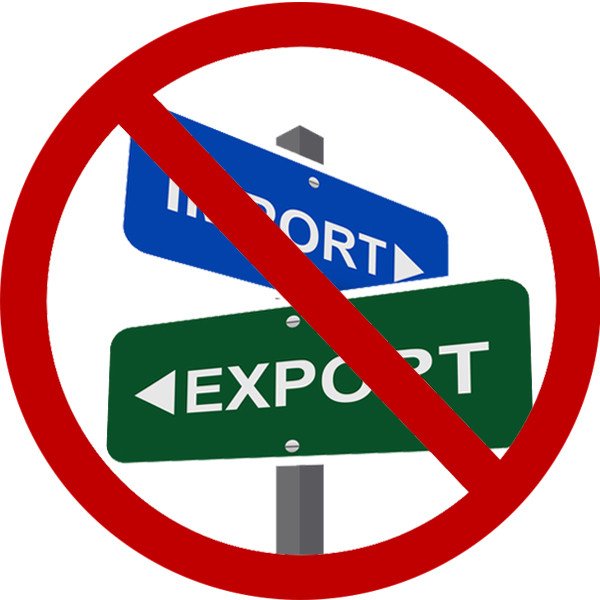HIGHLIGHTS
The European Commission (EC) will propose a new trade remedy to combat countries outside the European Union that put undue pressure on any of their members, but the plan has faced to the skepticism of some member states.
Trade remedies should be clearly defined and that they should only be taken if a country is in breach of international law and only if it is in the EU’s interest.
FULL ARTICLE
This Wednesday (December 8), The European Commission (EC) will propose a new trade remedy to combat countries outside the European Union that put undue pressure on any of their members, but the plan has faced to the skepticism of some member states.
The reason for this trade defense plan
If effective, the new measure could come in the form of trade or investment restrictions against China due to the pressure it is putting on Lithuania after it allowed Taiwan to open an embassy.
China downgraded diplomatic relations with Lithuania, and officials in Vilnius said that Beijing has also imposed blocks on its exports and pressured companies in third countries not to do business with the small Baltic state.

Lawmaker Reinhard Buetikofer said: “If any proof was needed that the EU needs an effective instrument to protect itself against economic coercion by third countries, China’s blackmailing pressure on Lithuania has now provided it.”
Doubts of some member states in the EU plan
This proposal will need to be approved by both the European Parliament and the group of EU countries (also known as the Council of Europe). This has raised concerns among some member states that have yet to have in-depth discussions on the issue.
France, which will hold the rotating EU presidency in the first half of 2022, has expressed support for the measure. But more market-oriented countries such as Sweden and the Czech Republic see the plan as potentially drawing the EU into tit-for-tat trade wars.
They say trade remedies should be clearly defined and that they should only be taken if a country is in breach of international law and only if it is in the EU’s interest.

Some EU member states say they will need to have a say in deploying such measures rather than leave decisions to the Commission, the EU executive. For sanctions used in foreign policy, governments have veto power.
EU diplomats also said that great attention must be paid to the breadth of the measure because, once it becomes law, the proposal would add to the EU’s arsenal of measures, including the selection of foreign investments, limits on companies benefiting from foreign subsidies and restrictions on procurement for businesses of countries that do not open their markets.
Manh Nguyen
EU Challenges China’s Trade Expansion With Landmark Tariff













